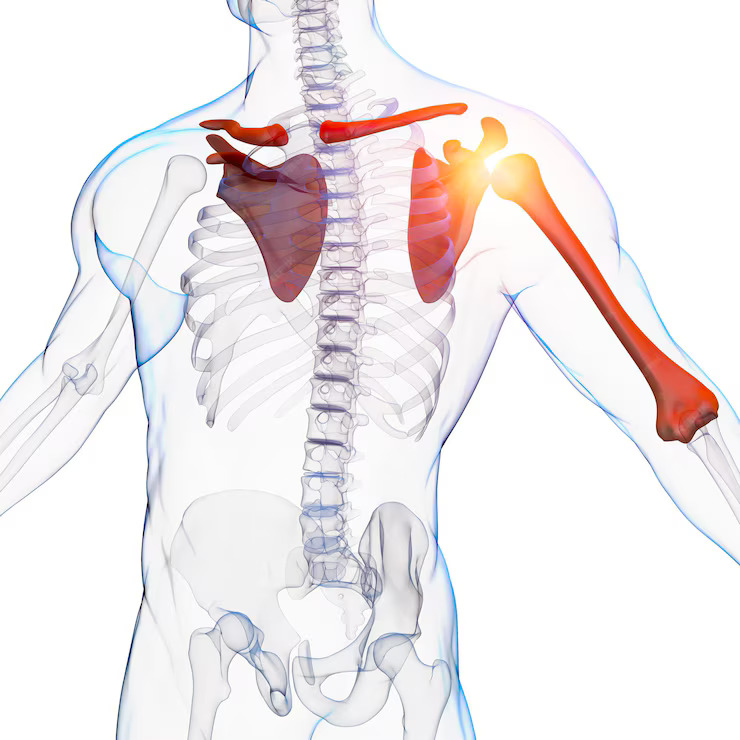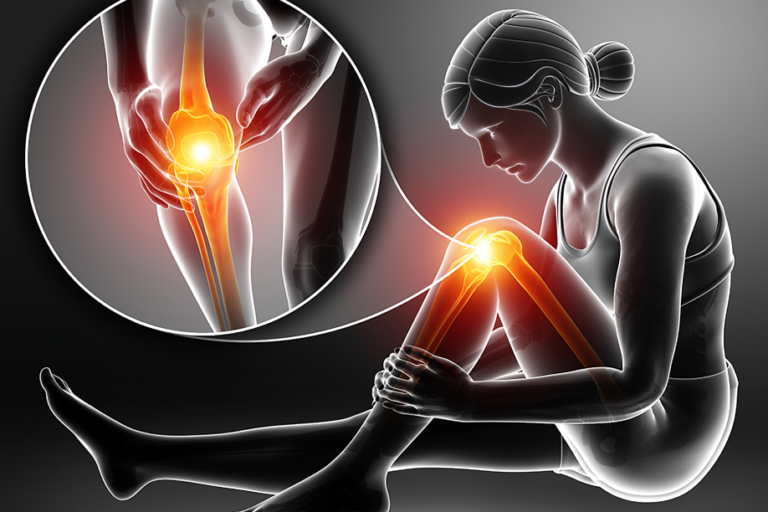Understanding and Managing Cancer Pain A Comprehensive Overview
Cancer, a complex and often devastating disease, affects millions of people worldwide. While the physical and emotional toll of cancer is widely recognized, the pain associated with it is a significant aspect that demands attention. Cancer pain is a multifaceted experience that varies in intensity, duration, and characteristics, making its management a critical aspect of cancer care.
To Know More About It Please Click Here
Types of Cancer Pain

Cancer pain can manifest in various forms, depending on factors such as the type of cancer, its stage, and the individual’s pain threshold. The two primary categories of cancer pain are acute and chronic:
- Acute Cancer Pain:
- Arises suddenly and is often associated with medical procedures, surgery, or complications.
- Typically subsides as the underlying cause is addressed.
- Management involves a combination of medications and interventions to alleviate pain during acute episodes.
- Chronic Cancer Pain:
- Persists over an extended period, impacting the individual’s quality of life.
- May be caused by the tumor itself, nerve damage, or the side effects of cancer treatments.
- Requires a comprehensive approach, including pharmacological and non-pharmacological interventions.
Causes of Cancer Pain
Understanding the root causes of cancer pain is crucial for effective management. Common factors contributing to cancer pain include:
- Tumor-related Pain:
- Tumors can exert pressure on surrounding tissues, nerves, or organs, leading to localized or referred pain.
- Osteopathic Pain:
- Nerve damage caused by tumors or cancer treatments can result in neuropathic pain, characterized by tingling, burning, or shooting sensations.
- Inflammatory Pain:
- Inflammation induced by cancer cells can contribute to pain and discomfort.
- Treatment-related Pain:
- Cancer therapies, such as surgery, chemotherapy, and radiation, can cause pain as side effects.
To Know More About It Please Click Here
Management of Cancer Pain
A multidisciplinary approach is crucial for effectively managing cancer pain and improving the overall well-being of patients. Key components of cancer pain management include:
- Medications:
- Analgesics, including opioids, non-steroidal anti-inflammatory drugs (NSAIDs), and adjuvant medications, play a crucial role in pain relief.
- Interventional Procedures:
- Techniques such as nerve blocks, radiofrequency ablation, and neurolytic blocks can help alleviate pain by targeting specific nerves or pain pathways.
- Physical Therapy:
- Exercises, stretching, and other physical therapy interventions can improve mobility and reduce pain for some cancer patients.
- Psychological Support:
- Emotional and psychological well-being is integral to pain management. Counseling, support groups, and relaxation techniques can help individuals cope with the emotional aspects of cancer pain.
Conclusion
Cancer pain is a complex and challenging aspect of cancer care that requires a comprehensive and individualized approach. By addressing the various factors contributing to pain and utilizing a combination of pharmacological and non-pharmacological interventions, healthcare professionals can enhance the quality of life for individuals battling cancer. Ongoing research and advancements in pain management continue to provide hope for improved outcomes and increased comfort for those affected by cancer pain.







